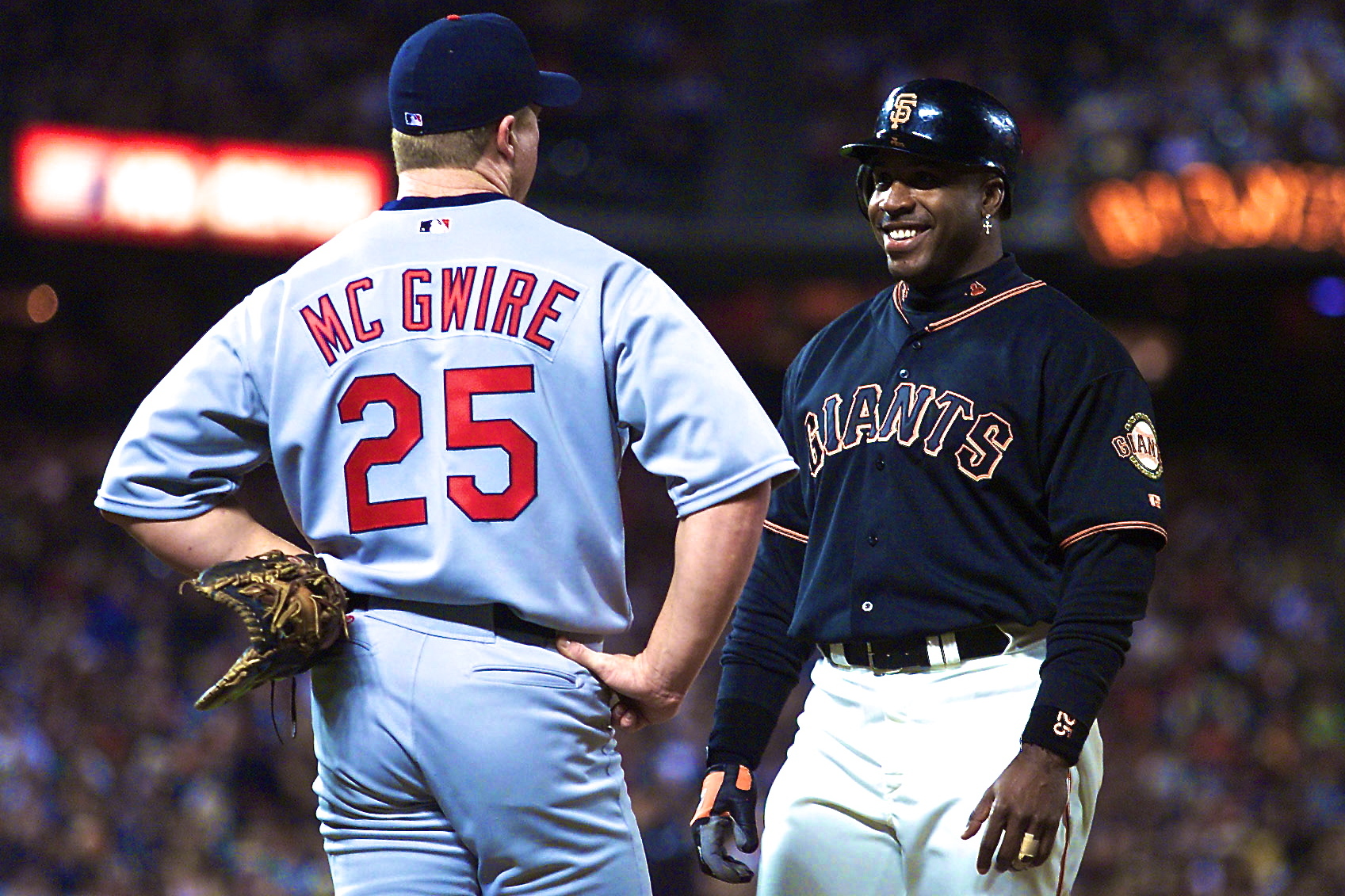On Aug. 13, 2022, the MLB confirmed San Diego Padres shortstop Fernando Tatis Jr. violated the league’s performance enhancing drug policy. Tatis became the latest of 95 MLB players who tested positive for steroids since testing began in 2005.
Steroids and baseball have linked for years, dating back to before World War II. Players like Hank Aaron, Mike Schmidt, Rich Gossage, Mickey Mantle and others have all been connected to performance enhancing drugs of some type. The league swept this problem under the rug for decades, but in 1998, the home run race between Mark McGwire and Sammy Sosa took the country by storm. Both men broke the previous record of most home runs in a season, set by Roger Maris’s 61 runs, with McGwire hitting 70 and Sosa hitting 66.. Ratings and revenue wise, it was the best in league history. A couple years later, both men were accused and found guilty of taking steroids during the historic season.
Just three years after McGwire and Sosa, 37 year-old Barry Bonds broke the record of 70 home runs in a season, hitting 73. Bonds went on to break Hank Aaron’s record of career home runs as well, hitting his 756th career home run at over 40 years of age. Steroid accusations started to swirl after his retirement in 2007, and Bonds, the league’s all time leader in home runs, officially missed the cut for the hall of fame during his final year of eligibility in 2021 due to steroids. Barry Bonds never tested positive for PEDs.
Even after their careers are over, steroids leave lasting effects on a player’s legacy. Roger Clemens, Barry Bonds, Sammy Sosa and Mark McGwire all have hall of fame worthy resumes, but have been kept from induction due to the questions of legitimacy regarding their careers.
Prior to 2002, the MLB held no drug policy within its rules. HGH and various types of testosterone boosters ran rampant, and fans started to become aware of their usage and the game’s integrity. In 2003, the league began testing anonymously with no punishments to find out how many players were using steroids. More than five percent of the league’s players were guilty of PED use.
Official mandatory testing began in the 2004 season without punishment for the accusers or releasing names to the public. 2005established the first penalty, with a 10 game suspension for the first offense of cheating. In this inaugural season for the PED drug policy, 12 players were suspended and11 more tested positive during the 2006 and 2007 seasons. These numbers caused MLB Commissioner Bud Selig to hire Sen. George Mitchell for an investigation on the steroid pandemic within the league.
The study proved widespread steroid use had occurred within the MLB for decades, which severely tarnished the game’s reputation. It also uncovered multiple all-stars guilty of steroid use, including Eric Gange, Andy Pettitte, Miguel Tejada and Roger Clemens.
“The illegal use of performance enhancing drugs poses a serious threat to the integrity of the game,” Mitchell said. “Widespread use by players raises questions about the validity of baseball’s records.”
Mitchell also went on to say the MLB pandemic began to pick up steam in 1988, and explains how the league enabled steroid use within the sport during the 1990’s and into the 2000s.
“There was a collective failure to recognize the problem as it emerged and to deal with it early on,” Mitchell said.
After the study, Selig attempted to tighten his grip on the issue. The league’s policy became stricter as the years went on, increasing suspensions from 10 games to 50 between 2005 and 2007.
Despite the uptick in awareness by the league, scandals and positive tests continued to pour in. In 2009, Alex Rodriguez tested positive for steroids and was found positive in the 2003 survey testing as well. In 2013, Rodriguez tested positive again along with 12 other players, including 2011 MVP Ryan Braun in the Biogenesis scandal. Rodriguez was suspended for 211 games, the league’s longest suspension in its history.
Players today are handed at least an 80 game suspension for their first offense of PED use. That number rises with the second offense, leading to a lifetime ban if caught three separate times. Since the baseline suspension was upped to 80 games in 2015, 41 players have tested positive.
The significance of steroids in the game is declining, but certain records, careers and moments remain tarnished.










Be First to Comment